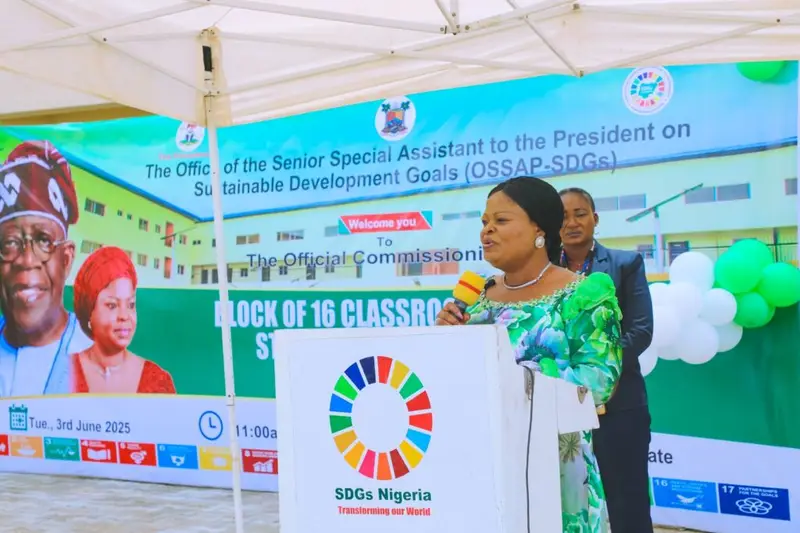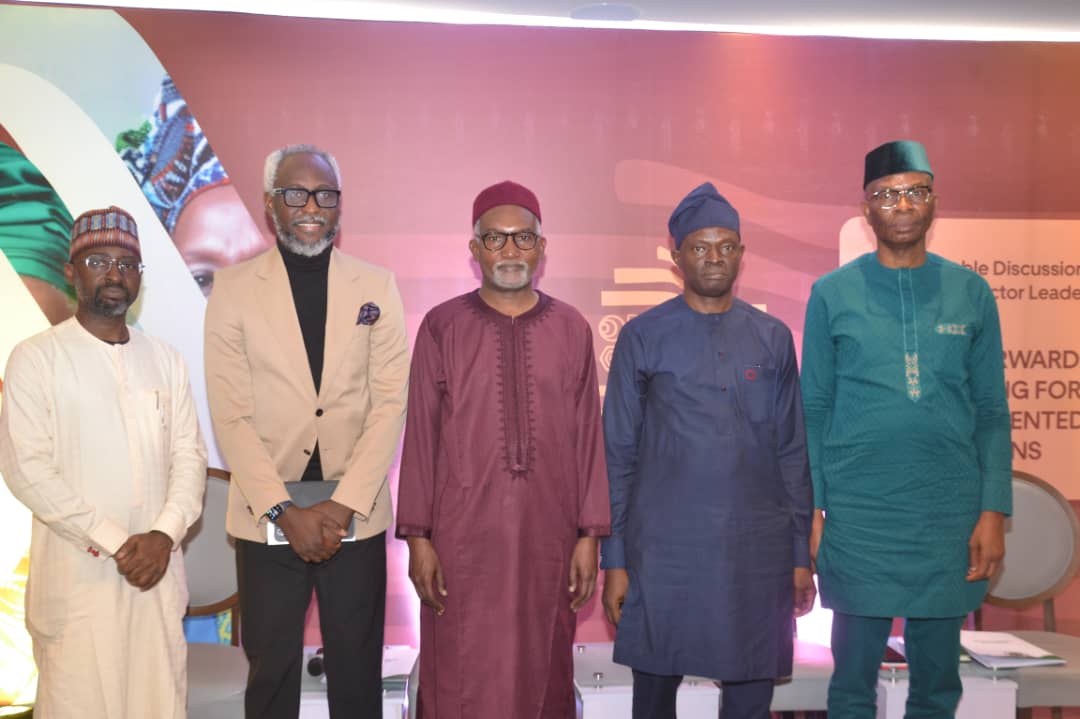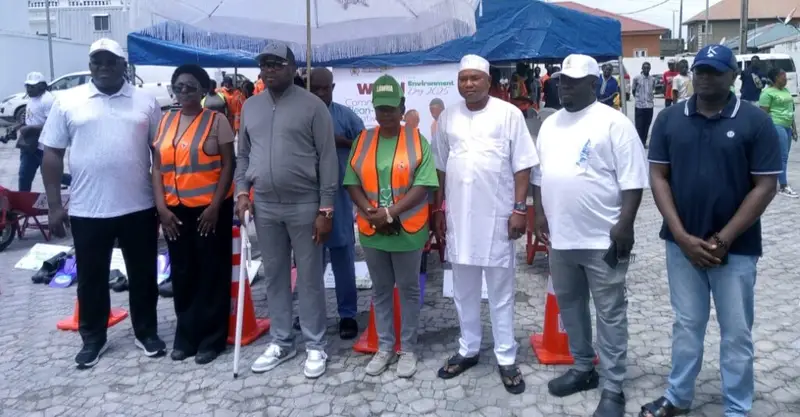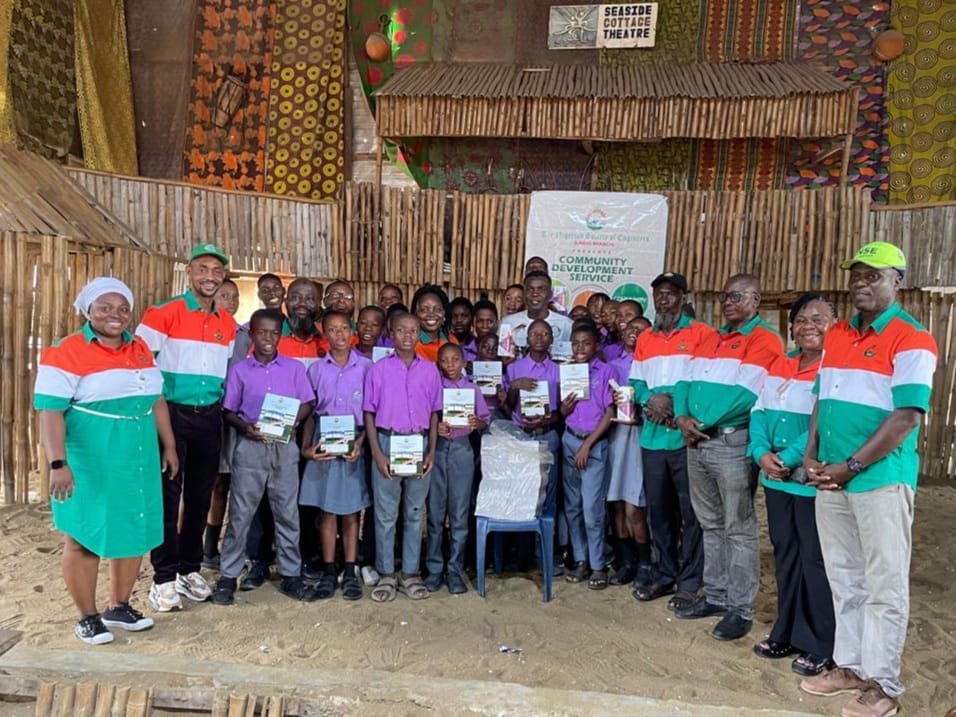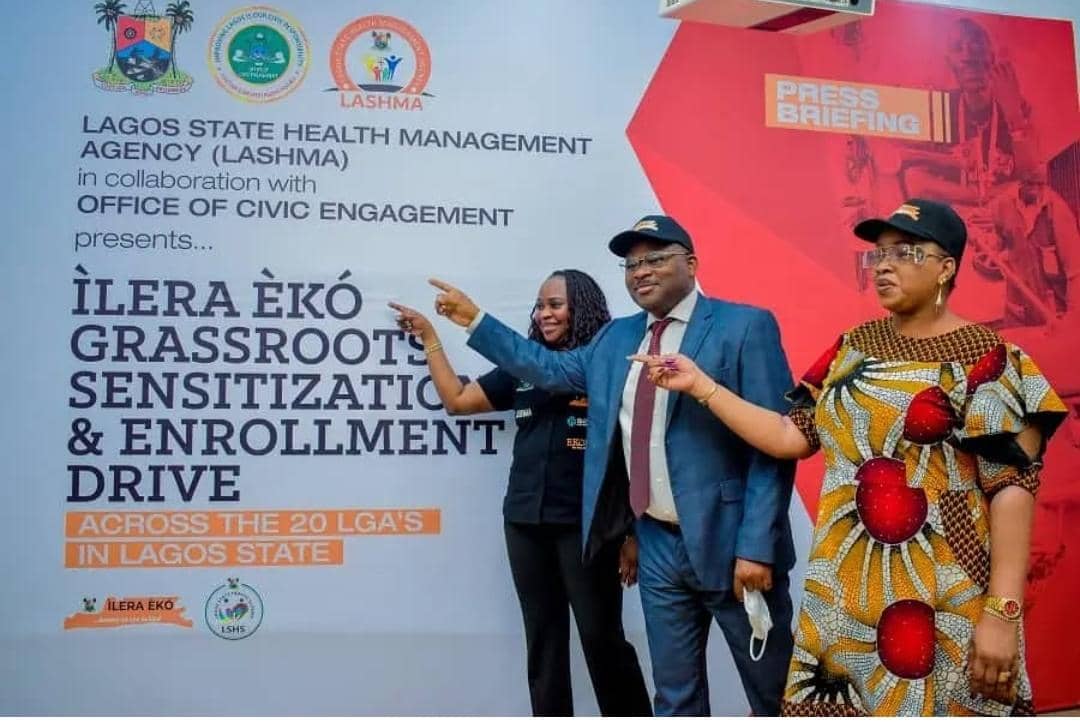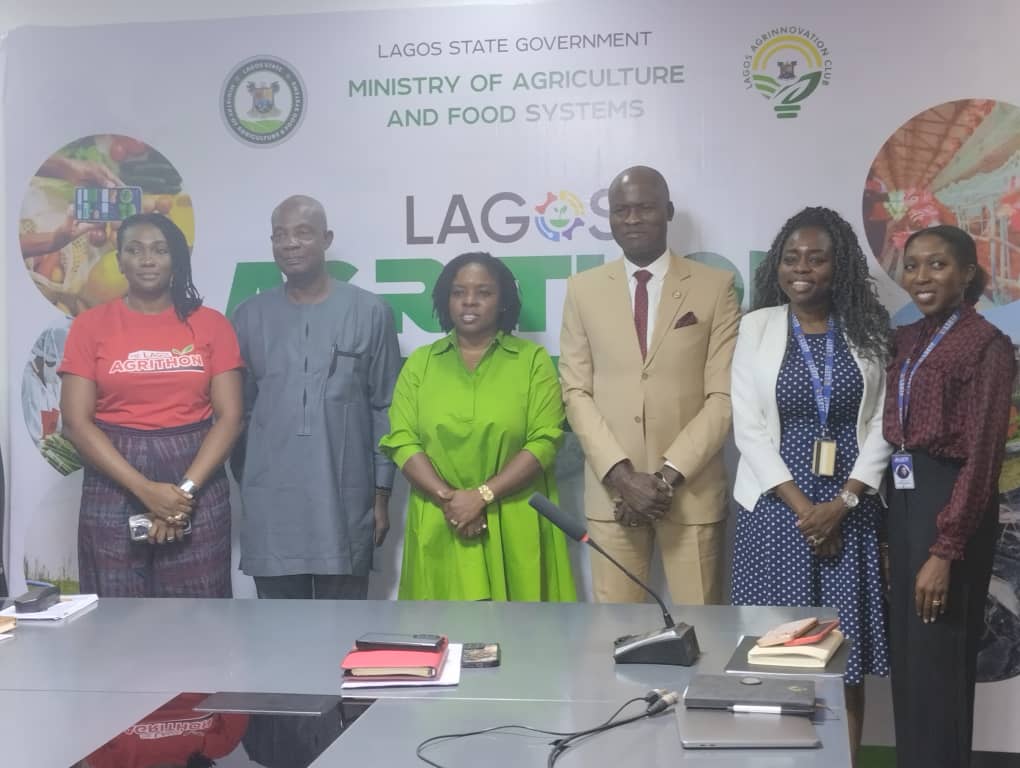306 total views today
By Oluwafunke Ishola, News Agency of Nigeria(NAN)
In line with the global commitment toward Universal Health Coverage (UHC), Nigeria is pushing to ensure equitable access to high-quality and affordable health care for all citizens.
However, progress has been slow, evident in high out-of-pocket healthcare expenses, poor health insurance penetration and low national and subnational health budgets.
Nigeria has one of the highest rates of out-of-pocket healthcare spending in the world, with an estimated 77 per cent of healthcare expenses being paid directly by individuals, according to the World Health Organisation (WHO).
However, it is not only Nigeria, as the health agency submits the world is off track to make significant progress towards universal health coverage, a critical target of the Sustainable Development Goals of good health and well-being.
“This global pattern is consistent across all regions and the majority of countries.
“Protecting people from the financial consequences of paying for health services out of their own pockets reduces the risk that people will be pushed into poverty because the cost of needed services and treatments requires them to use up their life savings, sell assets, or borrow – destroying their futures and often those of their children.”
For a country as diverse and populous as Nigeria where citizens are grappling with a high cost of living, financial constraints and the rising cost of healthcare and medicines, paying out-of-pocket for healthcare services has become unaffordable that people now self-medicate, ignore symptoms, or pray it away.
Millions of Nigerians, particularly in rural and underserved communities, face challenges accessing healthcare due to systemic inequities and financial constraints.
The delay in seeking prompt medical treatment worsens the rate of morbidity and mortality among citizens.
To Nigerians, UHC is not just a goal—it is a lifeline.
The Coordinating Minister of Health and Social Welfare, Prof. Muhammad Ali Pate, while speaking on the achievement of President Bola Tinubu’s administration in the health sector during its second anniversary, discloses that only 16 million Nigerians were enrolled in health insurance at the commencement of the administration in 2023.
“We’ve been able to expand enrollment in health insurance across our country.
“For almost 25 years of health insurance in Nigeria, there were 16 million enrollees when this administration came, literally, less than a million a year.
“But in two years of this administration, four million Nigerians have enrolled in the National Health Insurance Scheme.
“If we had been doing this for the past few years, Nigeria would have had more than 100 million enrollees.”
Pate explains that the government is reforming the health insurance scheme in collaboration with state health insurance authorities to ensure it reaches more Nigerians, especially vulnerable populations.
In Lagos State, the Lagos State Health Management Agency (LASHMA), established in 2015, manages the state’s social health insurance tagged “Ilera Eko Scheme”.
It is designed to enhance access to effective, quality, and equitable healthcare services while providing financial protection from the cost of healthcare to all residents of the state.
Lagos State has an estimated population of 30 million residents, with a rapid annual population growth rate of six to eight per cent, placing a significant demand on its health system, requiring smart, scalable, and resilient solutions.
The Lagos State Commissioner for Health, Prof. Akin Abayomi, while giving an update on the second anniversary of Gov. Babajide Sanwo-Olu’s second term in office, explains that currently, only five per cent of Lagos residents are enrolled in the state’s social health insurance.
Abayomi highlights a 30-year bold plan to improve the number of enrollees from five per cent to 90 per cent.
Acknowledging the importance of increased budgetary allocation from the current 8 per cent to 15 per cent target supported by dynamic reallocations throughout the fiscal year to attain universal health coverage.
The Ilera Eko health insurance scheme offers various plans with different price points for individuals and families, giving access to private and public hospitals statewide.
It covers 80 per cent of hospital needs including consultations, treatment for common diseases, maternal care, chronic disease management, and surgeries, among others.
In a bold move to bolster health insurance coverage, Gov. Sanwo-Olu in July 2024, had signed an Executive Order for the compulsory subscription to the state’s social health insurance by all residents, employers, and workers in the state.
Moving forward, the government has disclosed plans to commence the full enforcement of mandatory health insurance for all residents by the third quarter of 2025.
At present, about 1.3 million residents are enrolled in LASHMA’s Ilera Eko health insurance.
The Permanent Secretary of LASHMA, Dr Emmanuella Zamba, emphasises the importance of strengthening public awareness, affirming LASHMA’s commitment to reinforce the message that health insurance is not a privilege, but a necessity.
“We are committed to making sure that every Lagosian understands the importance of social health insurance and the fact that it is now a mandatory requirement,” she says.
Zamba highlights the agency’s strategic initiatives to expand participation in the Ilera Eko Health Insurance scheme to include the “ILERA ‘N TIWA Cooperative, designed to integrate the informal sector into the health insurance ecosystem.
She also explains that the initiative provides flexible payment plans for artisans, traders, and low-income earners, ensuring they are not excluded from healthcare services, mentioning the Ilera Eko Academy, an initiative aimed at training a larger sales force to boost public awareness and drive enrollment.
The Permanent Secretary notes that LASHMA has expanded its registration options to improve accessibility.
These include physical enrollment centres across Lagos, designated community pharmacies, USSD registration, and an online portal.
“The agency also achieved the rollout of an equity fund that guarantees healthcare access for over 300,000 vulnerable residents.
“The equity fund, supported by one per cent of Lagos State’s consolidated revenue, has set a benchmark as a first-line charge, ensuring funds are consistently available for vulnerable groups.”
On the affordability of social health insurance, Zamba states that the enrollment costs are N15,000 per individual, N55,000 for a family of four, and N80,000 for a family of six.
An enrollee, Mrs Funke James, says she received free treatment for a severe cough infection and medications worth over N80,000 under the scheme.
“My daughter also had a Caesarean Section without paying a dime. I am truly grateful to the government,” she said.
Similarly, Mrs Hassan Balikis, commends the initiative, recounting how she benefitted from three free medical tests after falling ill.
“I didn’t realise the extent of the benefits until I needed them. This programme is truly a lifesaver,” she remarked.
In spite of the laudable initiative of the government expressed by its commitment to improving health indices and the quality of care in Lagos State, the Ilera Eko still faces issues of long waiting times, low enrollment, and service accessibility, among others, as lamented by some enrollees and Civil Societies Organisations.
Agreeable, Lagos State has exhibited a strong political will and made commendable progress, but there is much more to be done in providing equitable, affordable and accessible healthcare services that ensure no one is left behind. (NANFeatures)
*****If used, please credit the writer and the News Agency of Nigeria.




